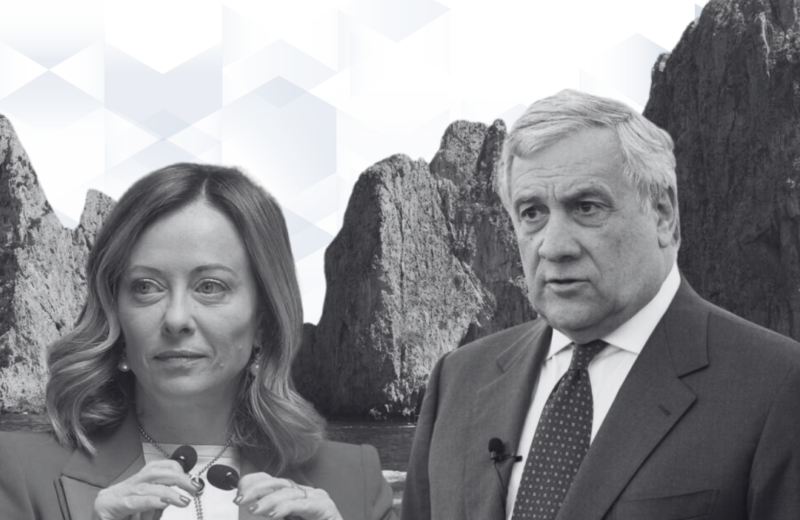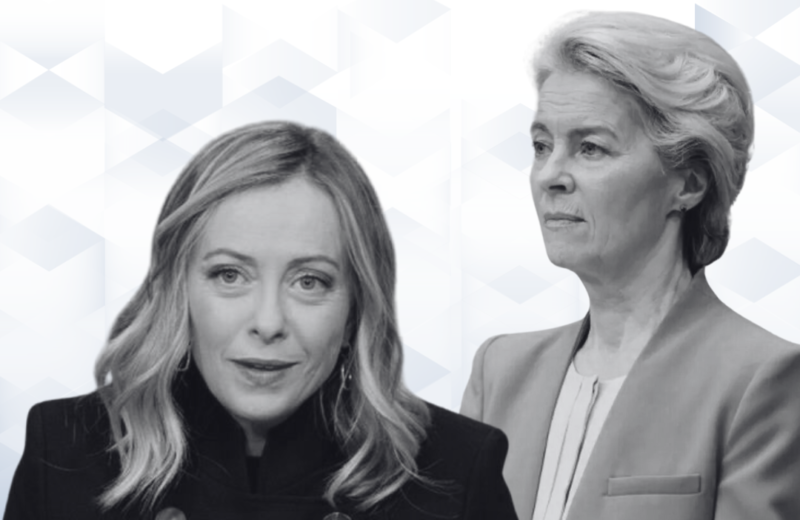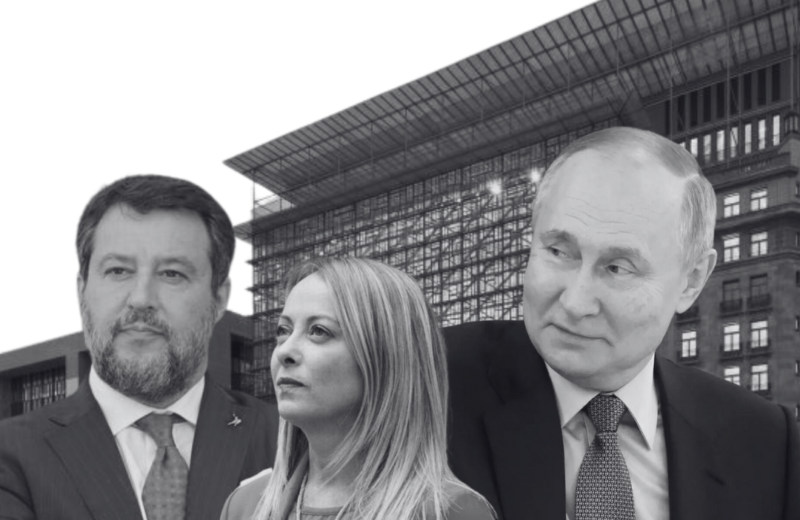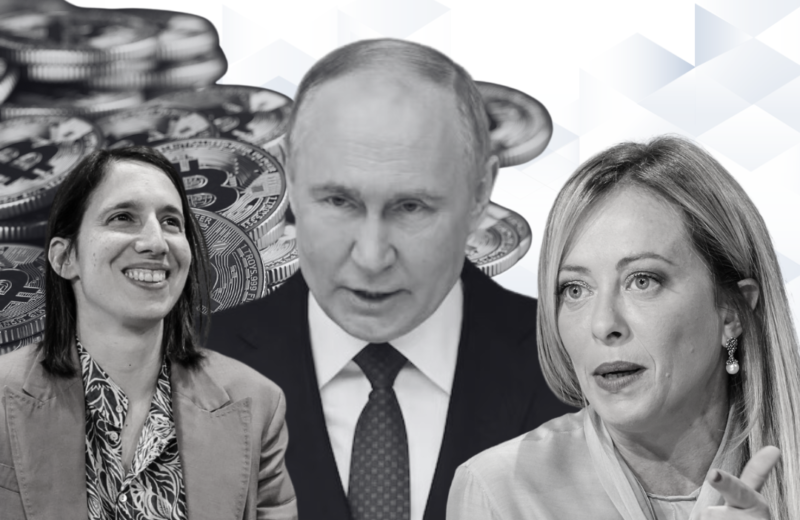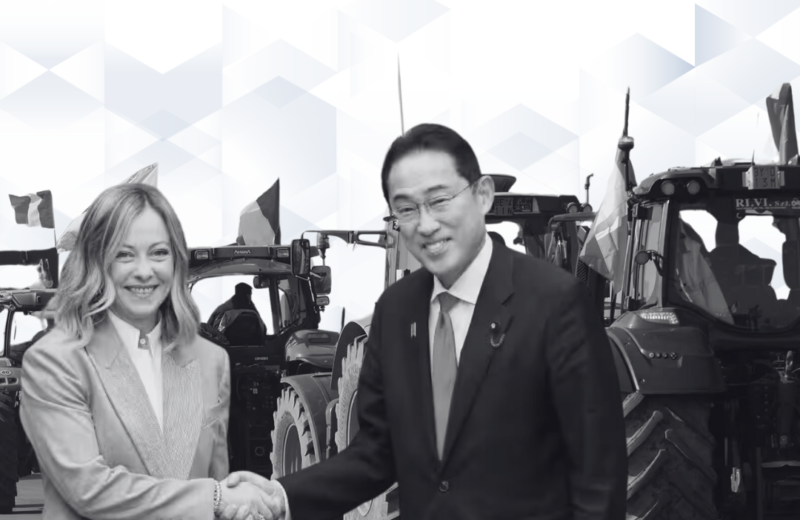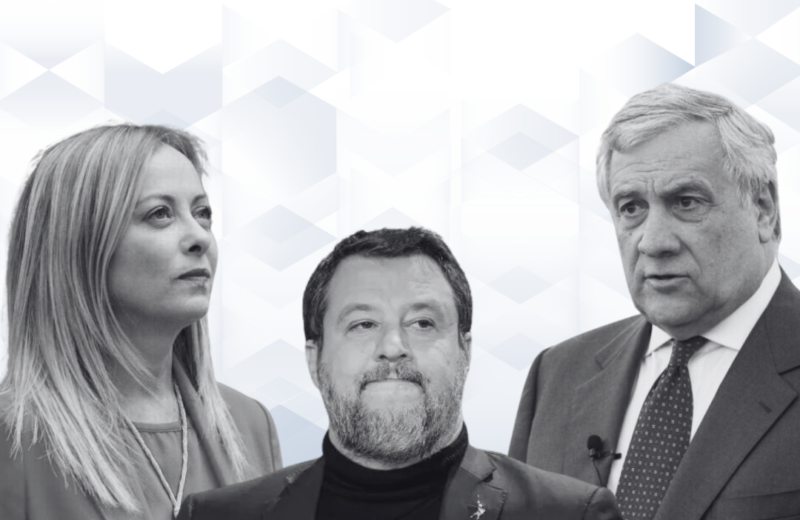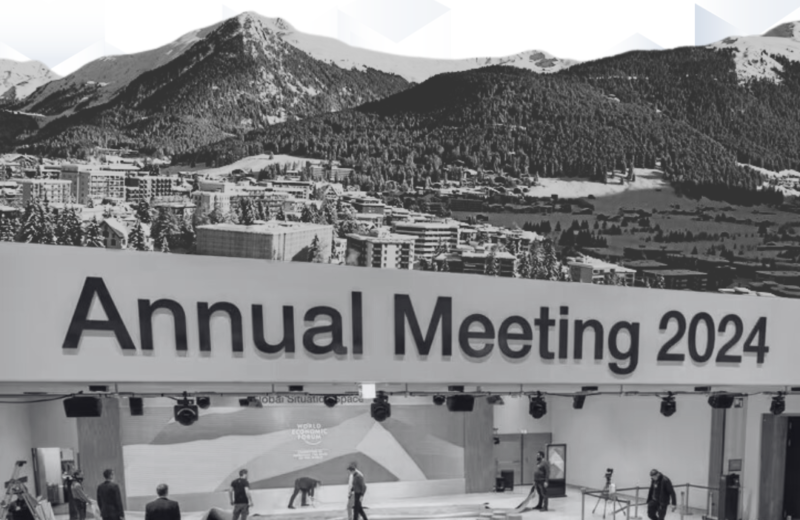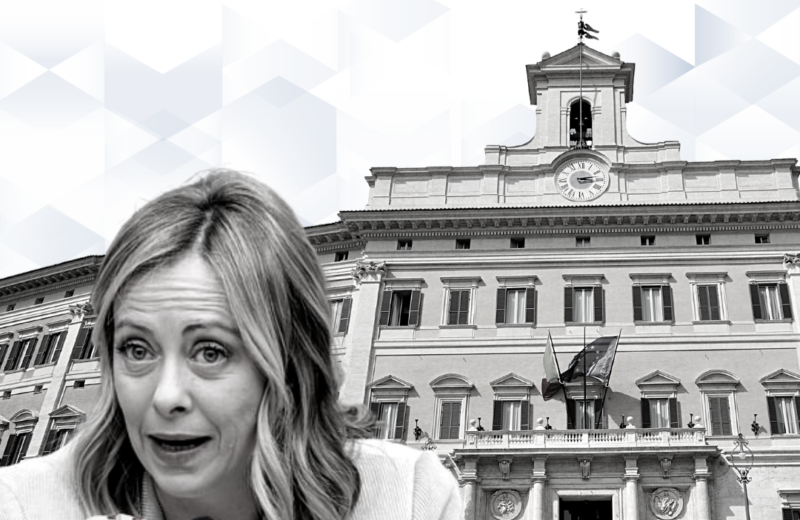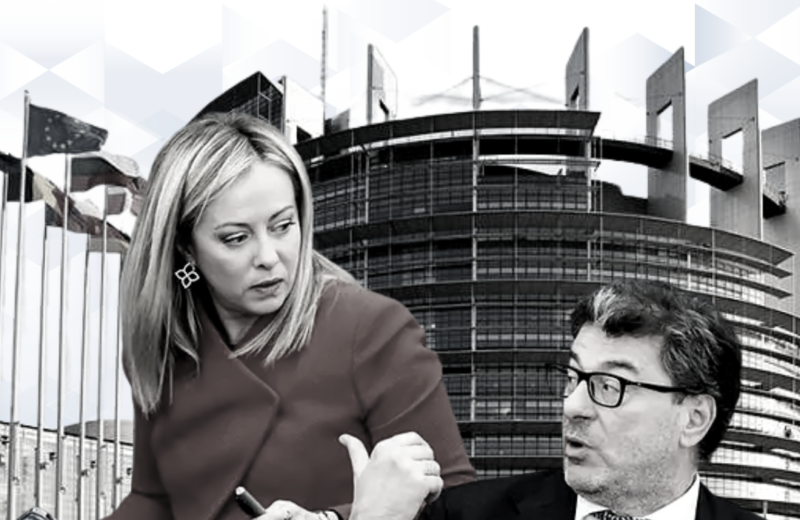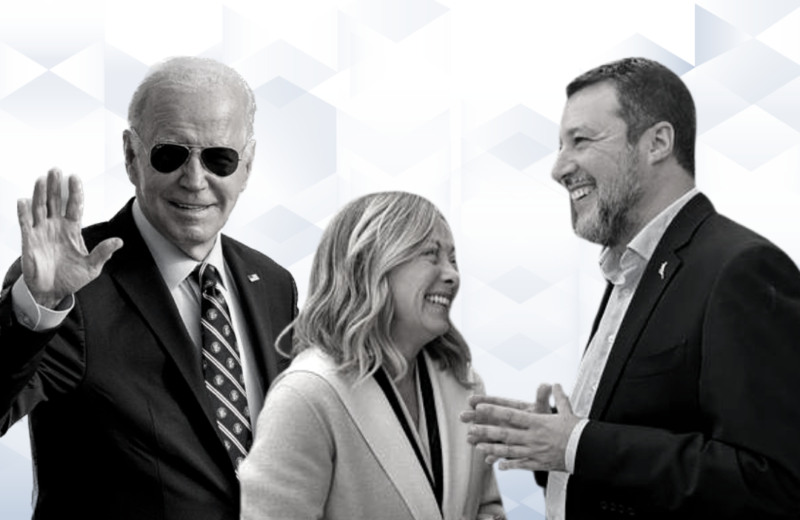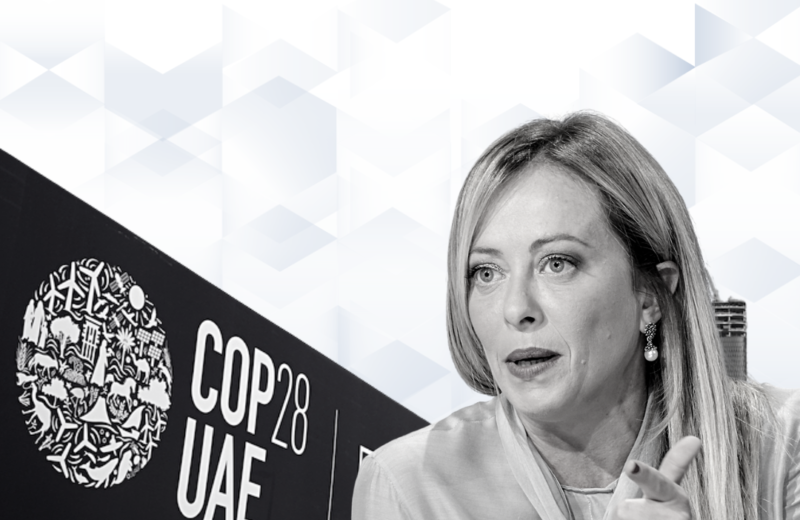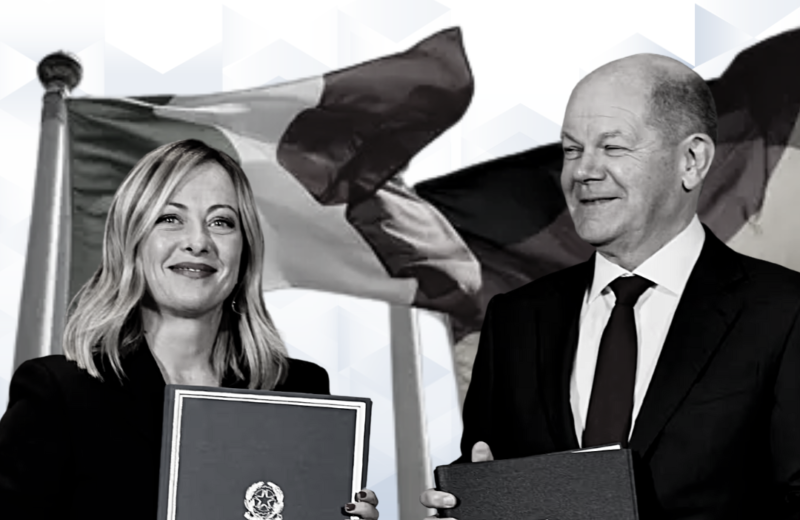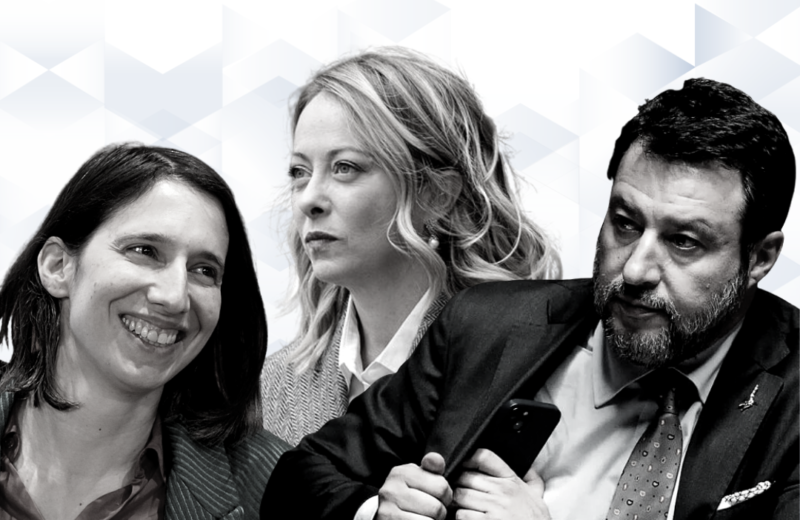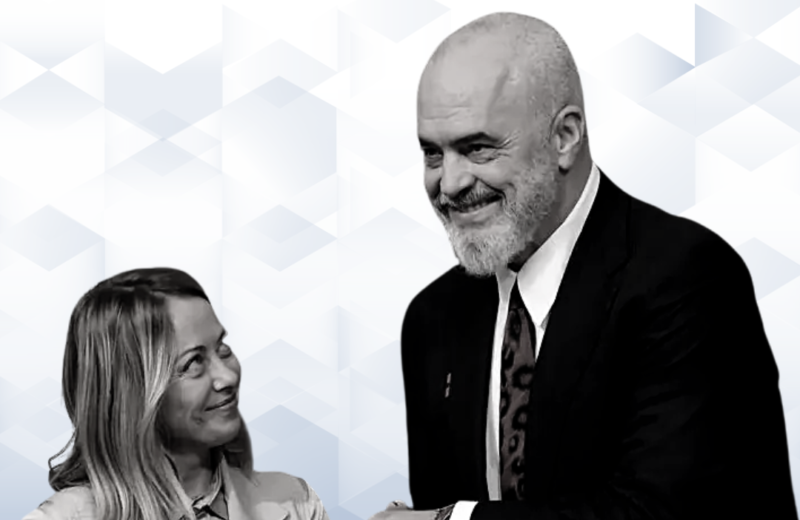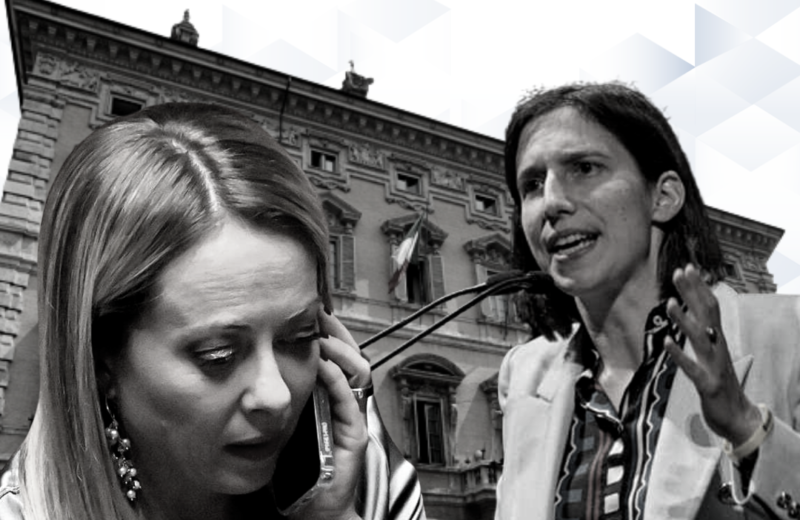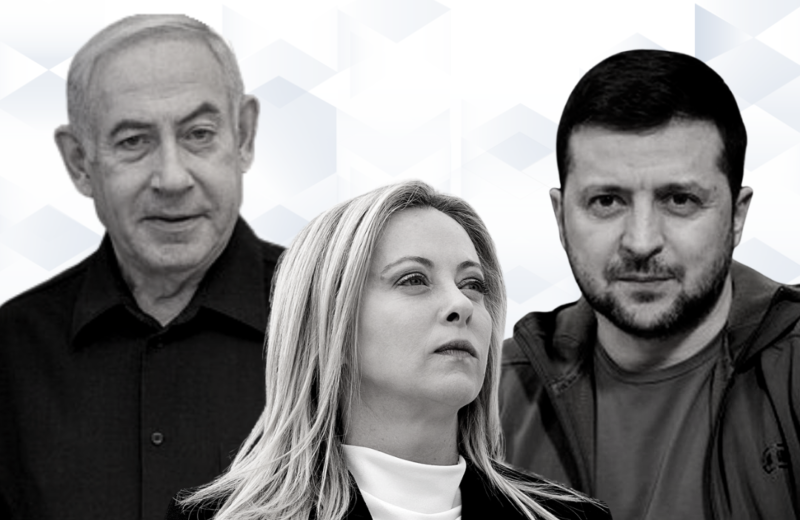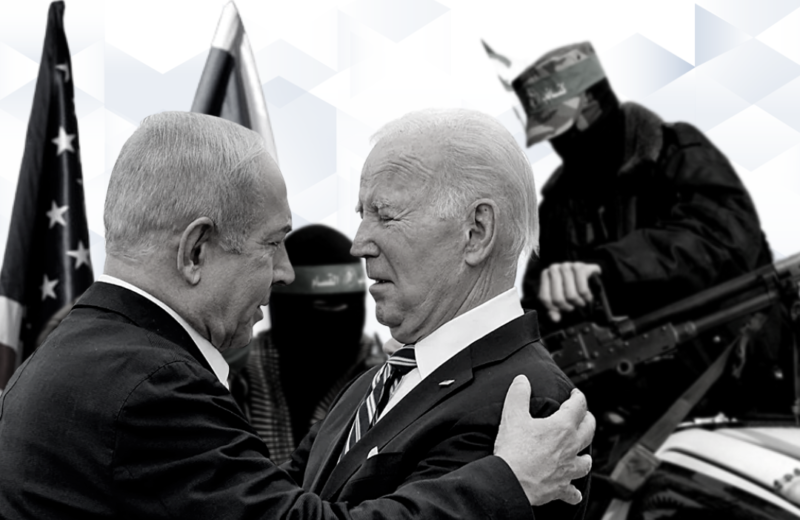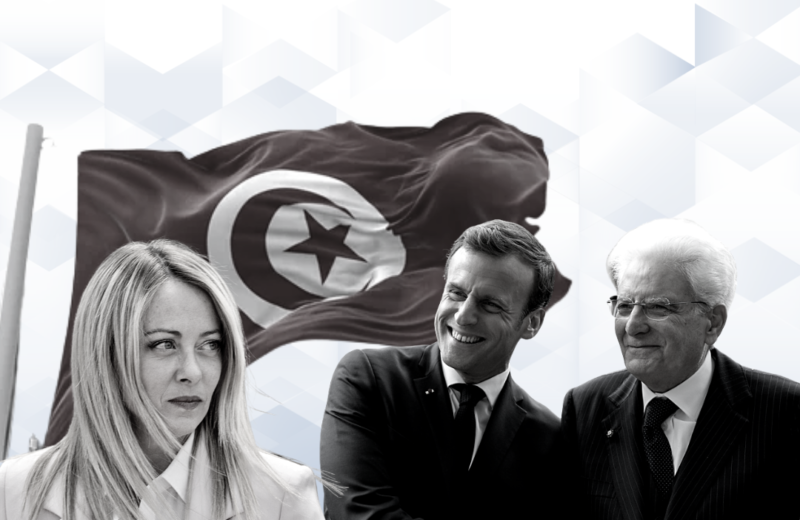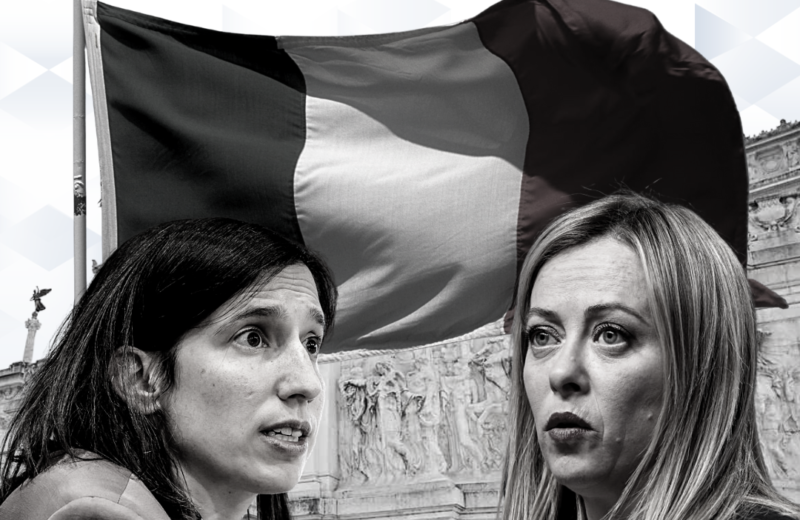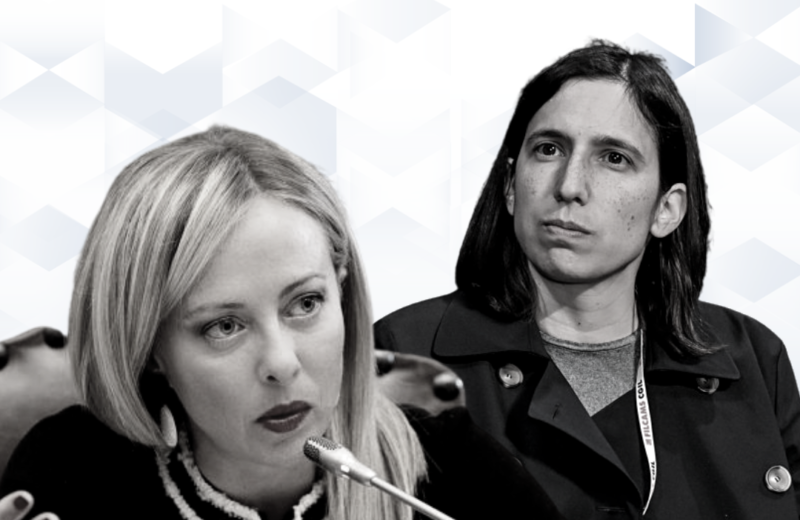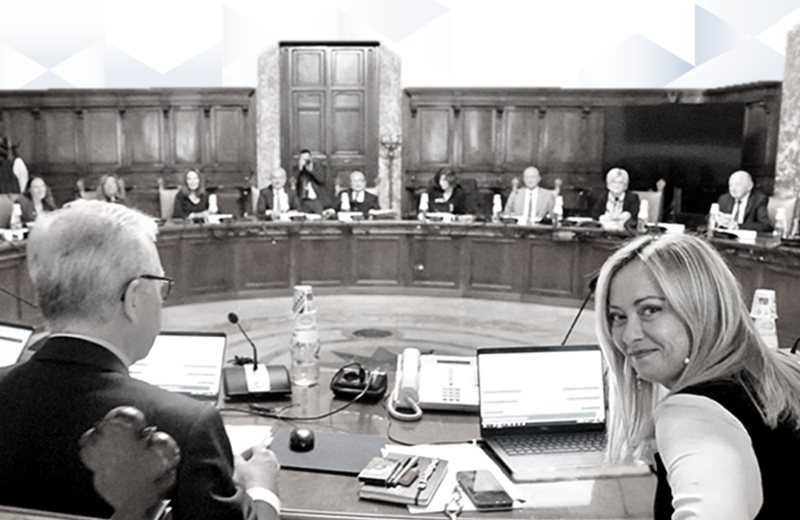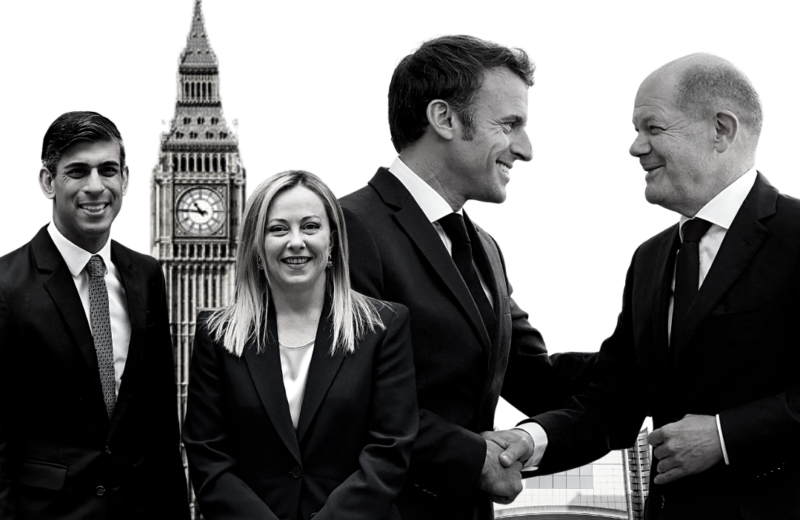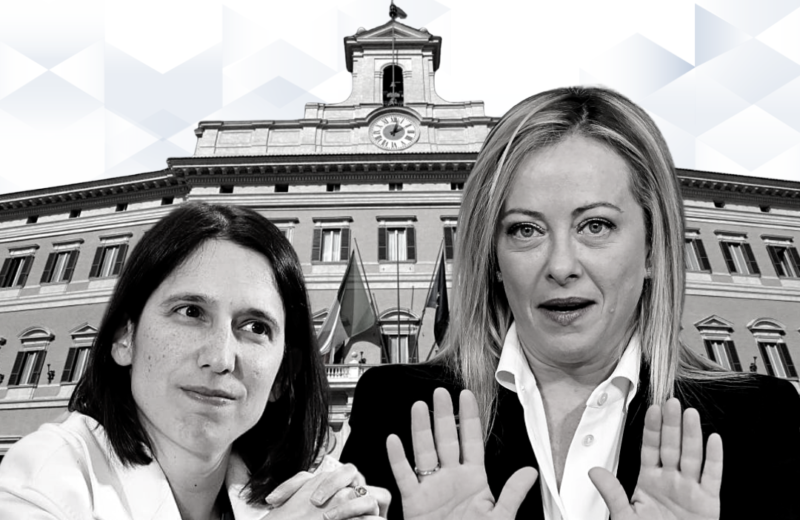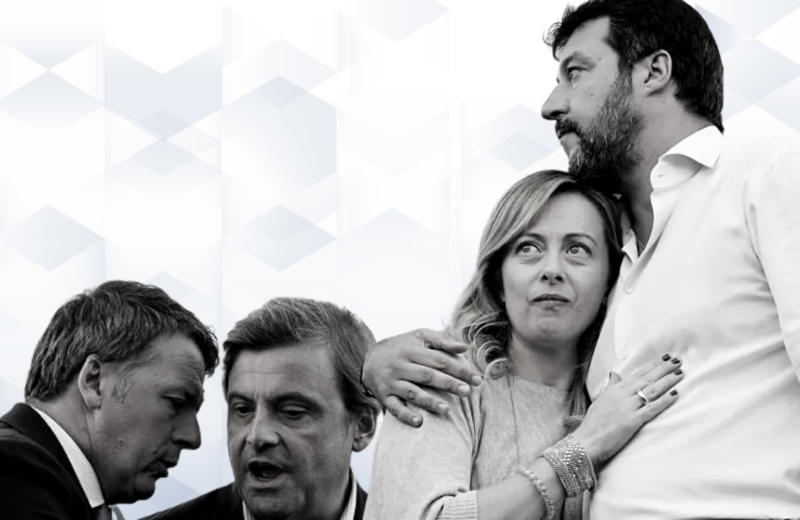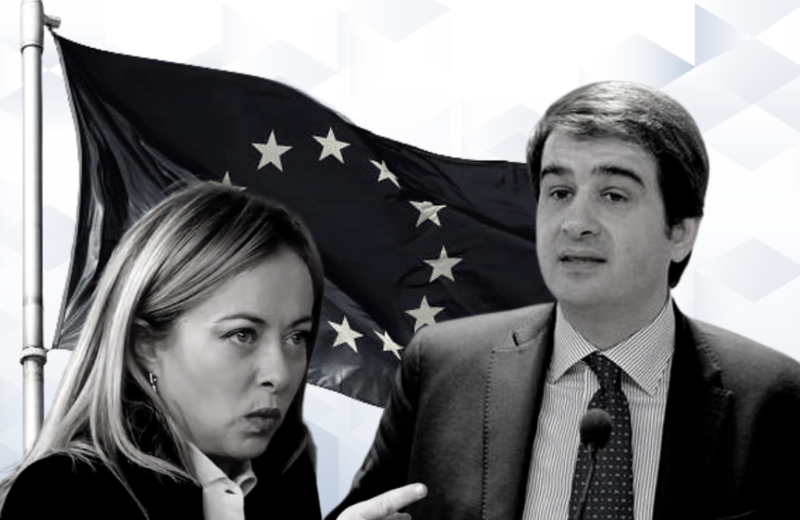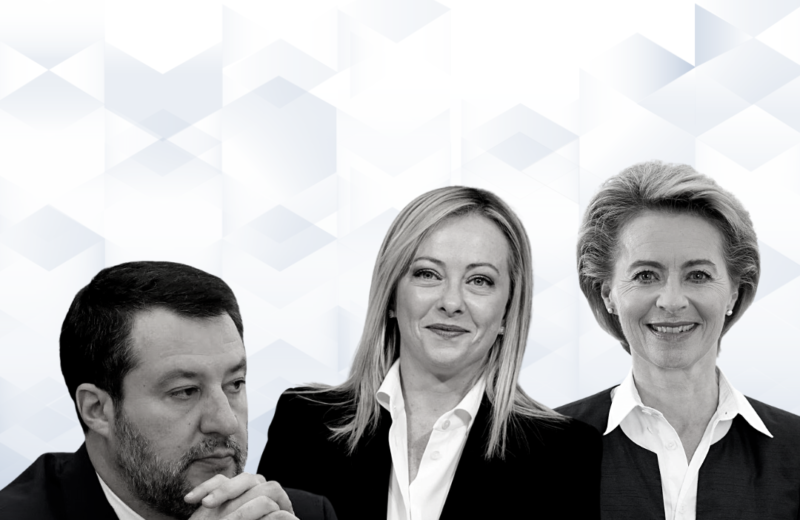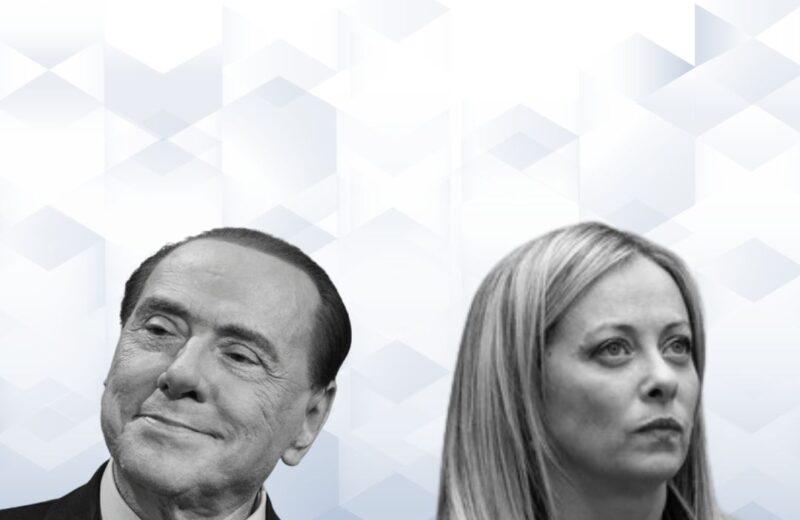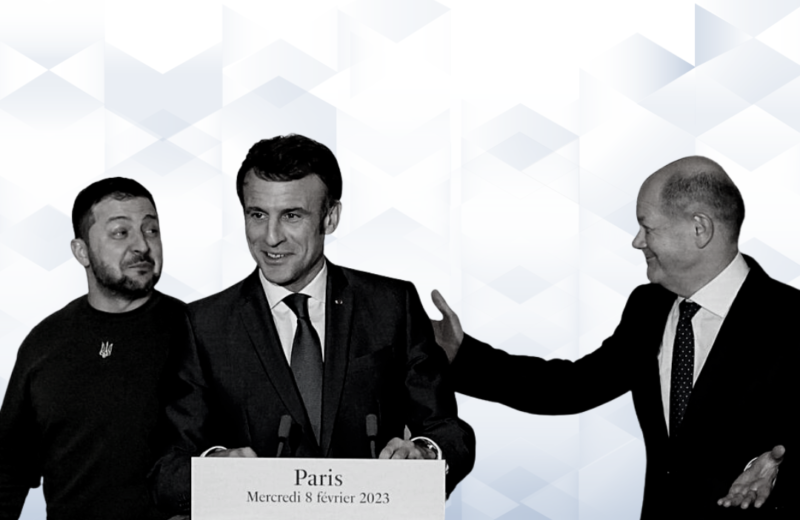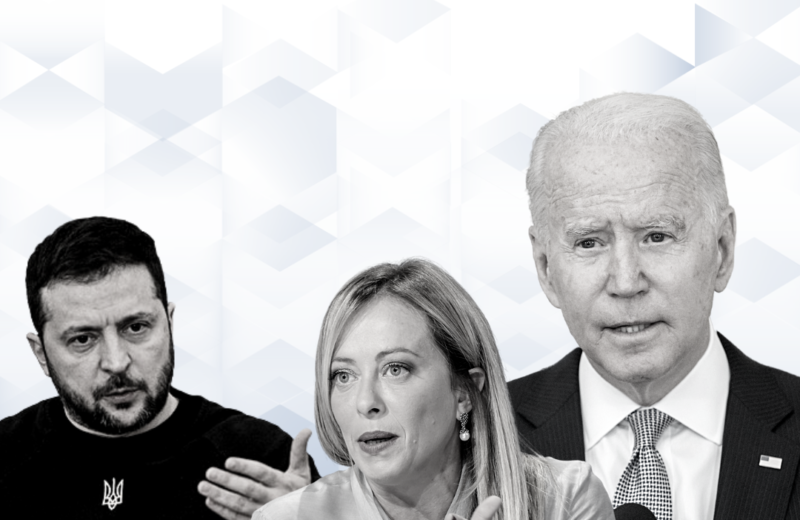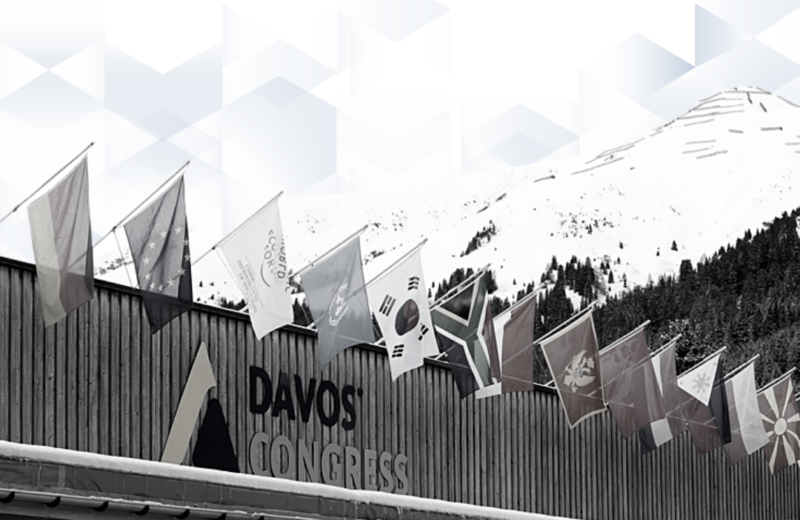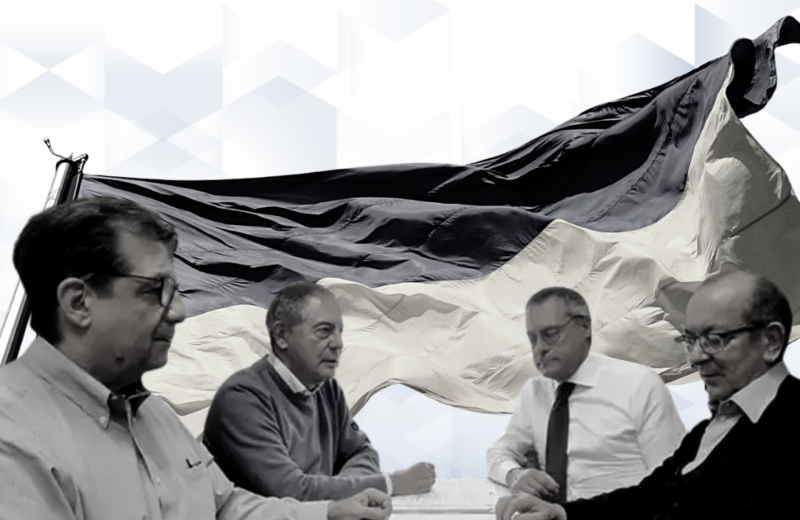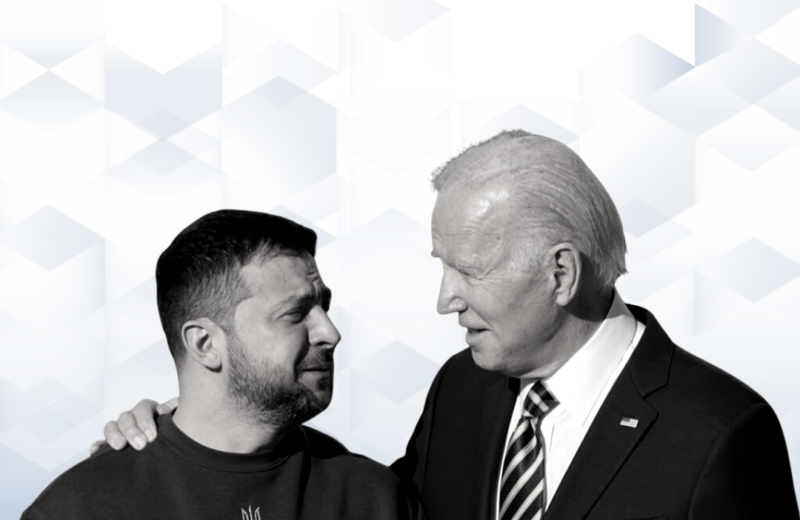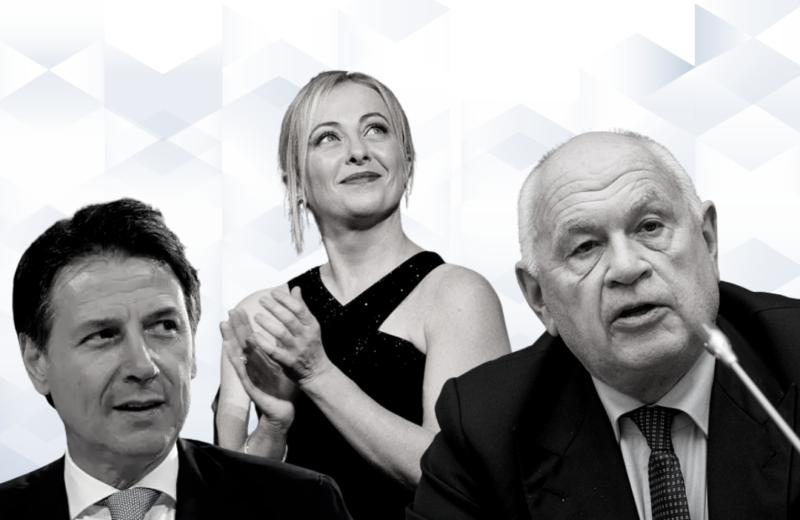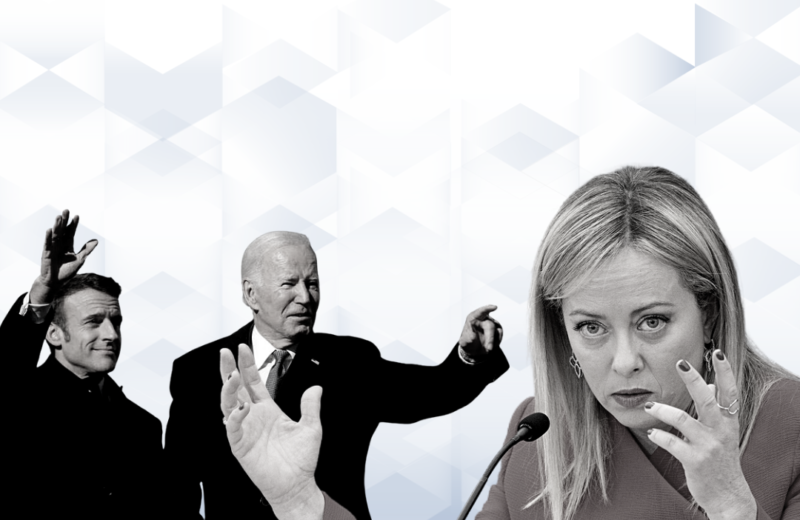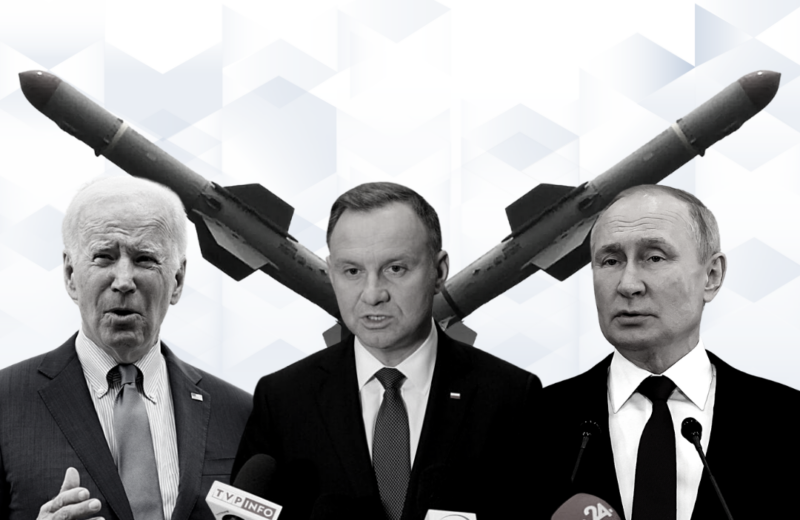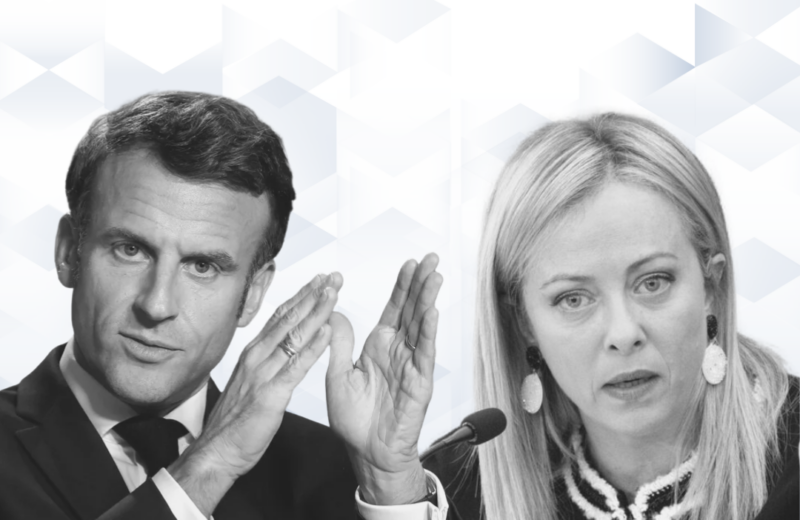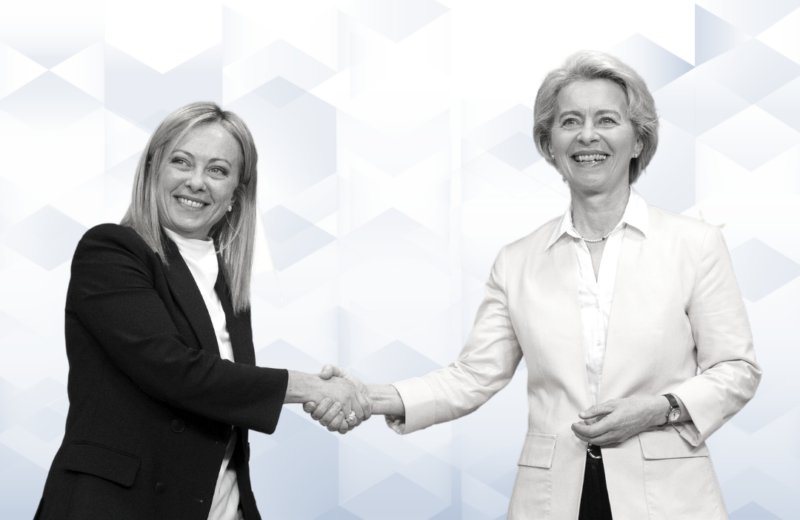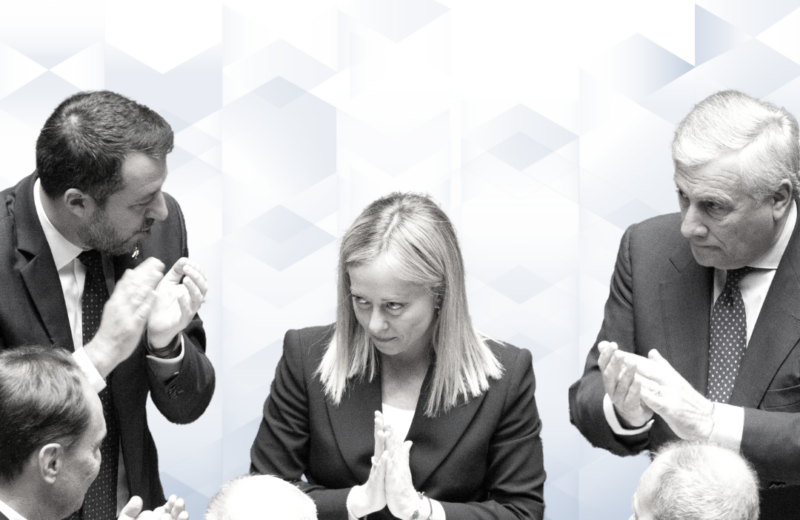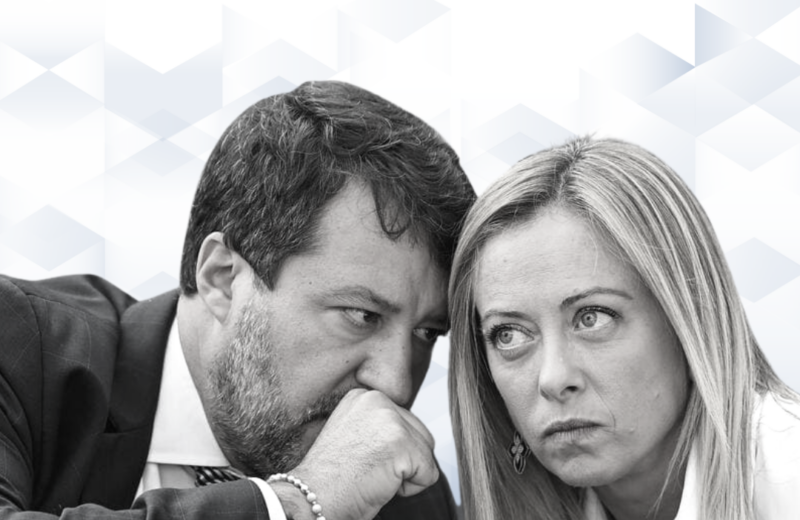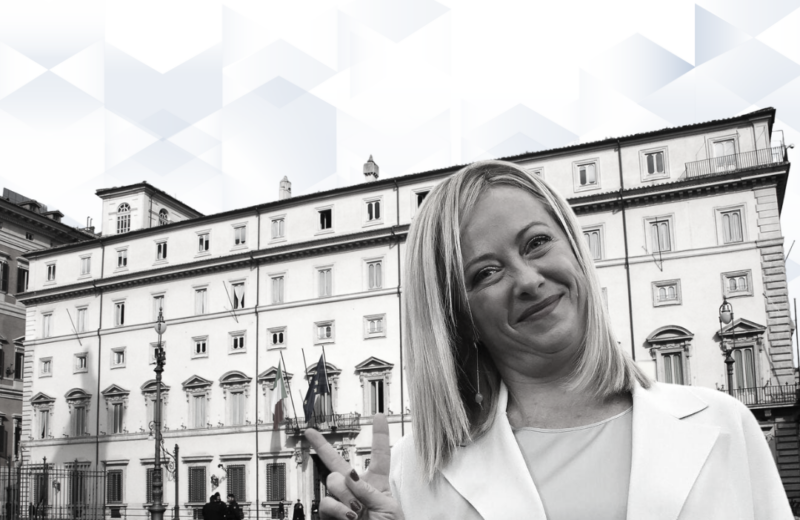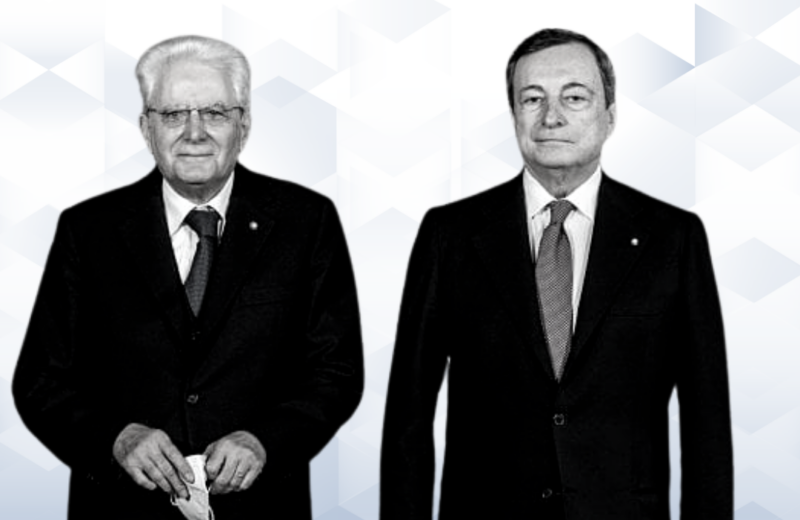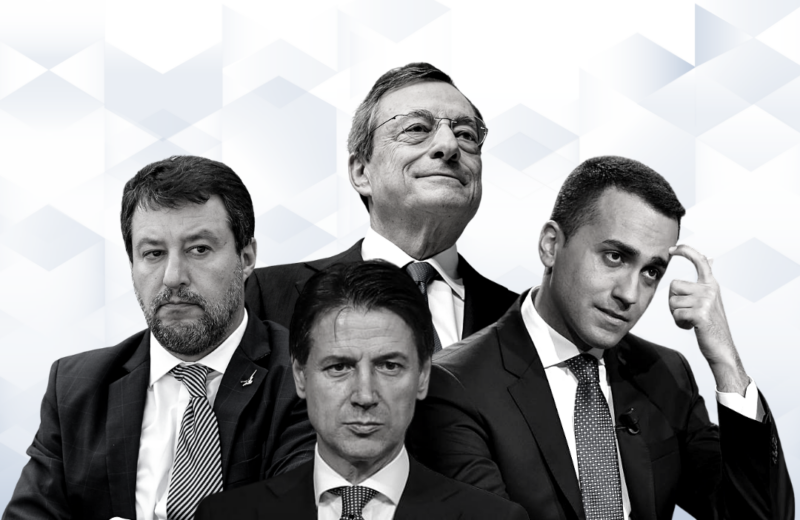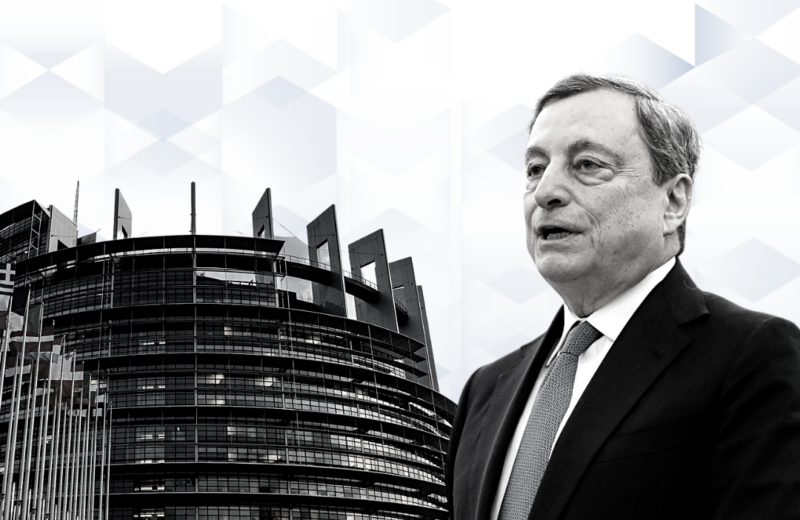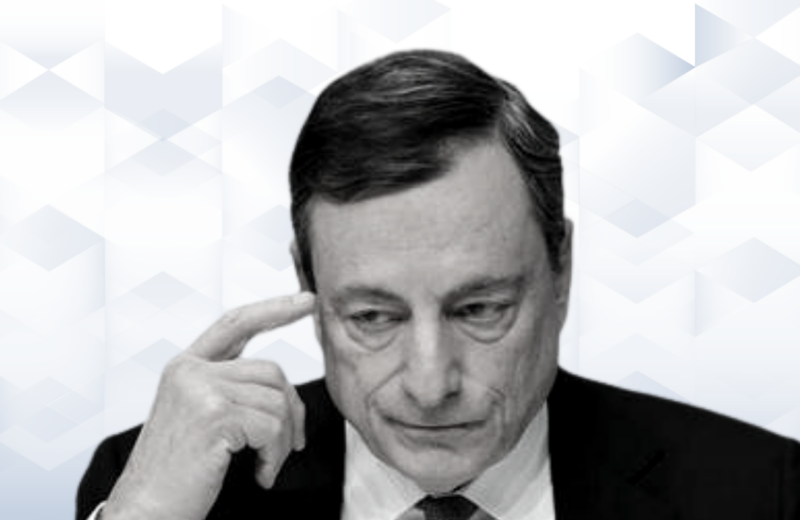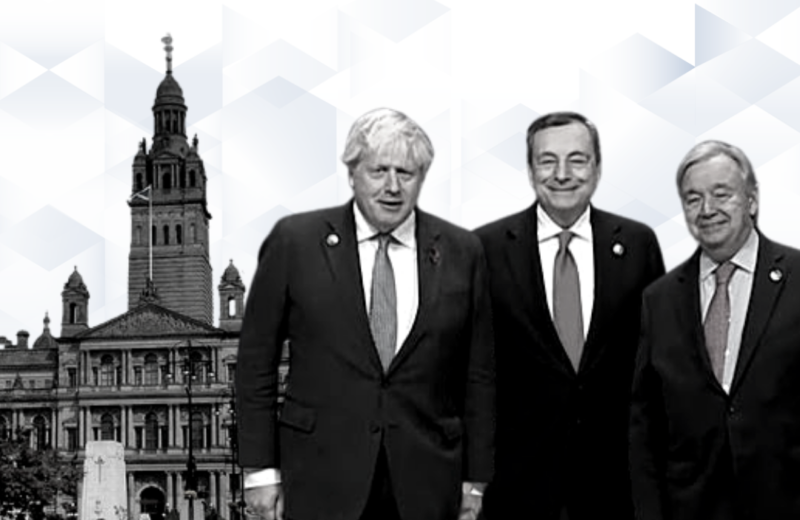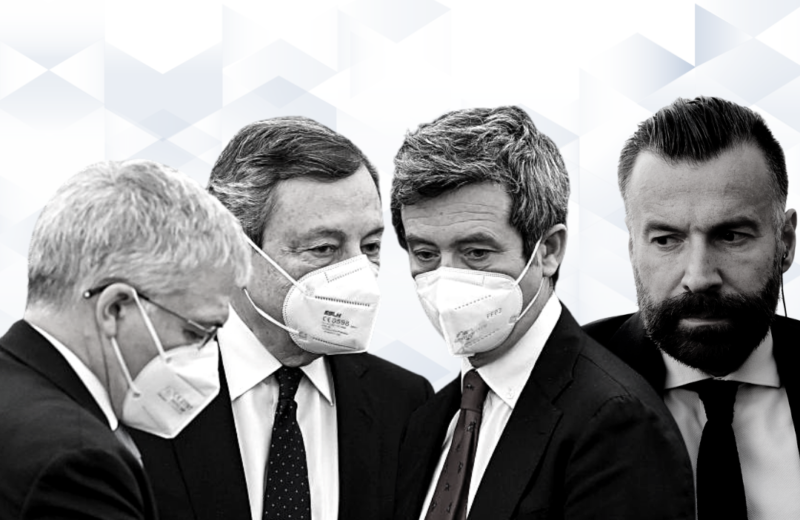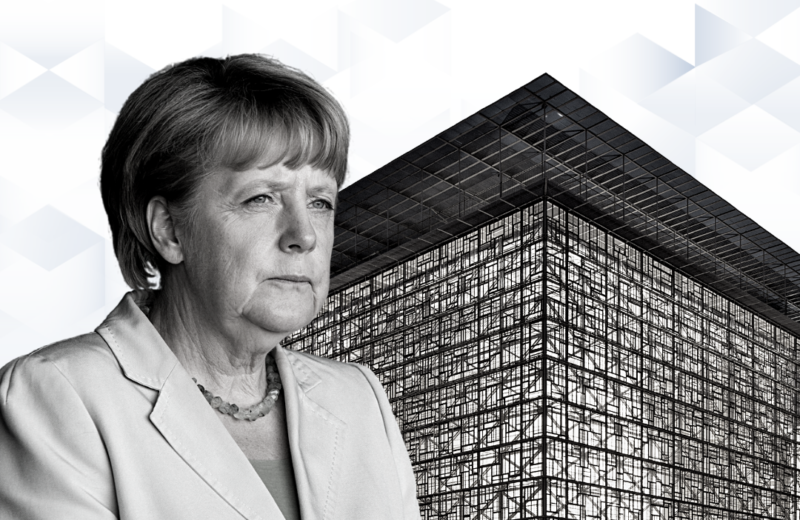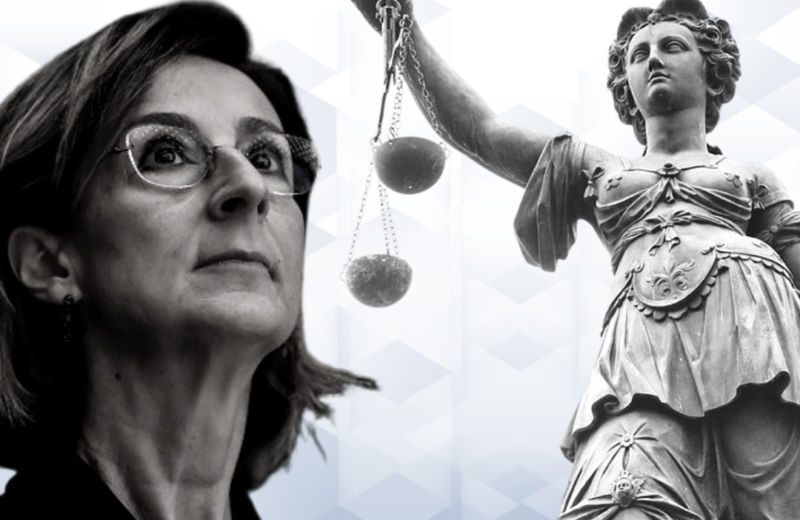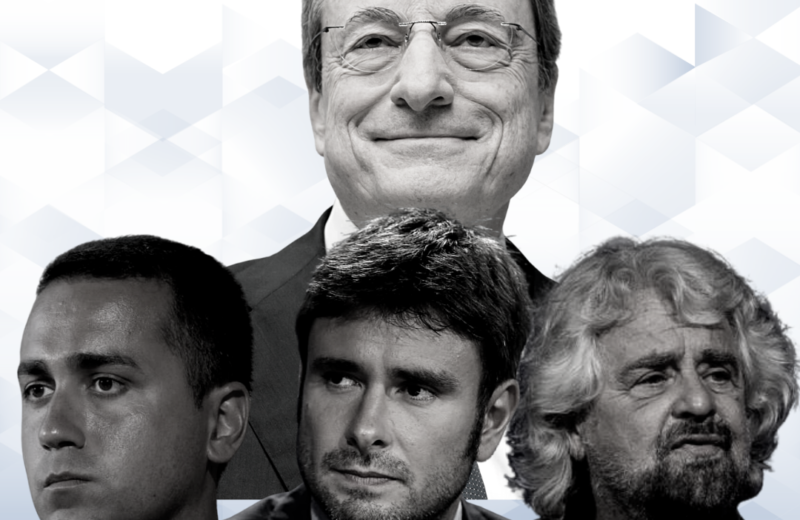Mrs. Marin’s new umbrella
One of the goals that prompted the Russian Federation to invade Ukraine was to prevent Kiev’s slide into the Atlantic Alliance, the evolution of the conflict, however, has placed Moscow in front of one of the worst scenarios it could have expected: strengthening NATO with new members and finding states along its borders that are inextricably linked to Washington. Vladimir Putin’s nightmare. On Wednesday, Finland and Sweden officially submitted their applications for NATO membership. A “twin” application: both led by social democratic governments, both led by governments headed by women. It is Finland’s Sanna Marin and Sweden’s Magdalena Andersson who are the protagonists of the week, united in their quest for a new umbrella. Both on the road. The first coincided her entry request with a visit to Italy, welcomed with full honors at Palazzo Chigi by Mario Draghi. The second flew to Washington to see Biden: «I look forward to working with Congress and our allies to quickly bring Finland and Sweden into the strongest defensive alliance in history» the US President said.
The NATO entry of the two Nordic countries was not wrongly called “historic” by Alliance President Jens Stoltenberg. There are two main reasons – connected to each other. The first, the end of the two countries’ traditional neutrality. The second, the predictable and profound repercussions that the possible ratification of the request by the 30 members of the Alliance could bring to the geostrategic arrangements of the Baltic and Arctic area.
The neutrality of the two countries has distant origins. Sweden proclaimed its neutrality status in 1834 under King Gustavus XIV and at least on paper maintained it during the two World Wars although it allowed transit through its territory for Reich forces in an anti-Soviet capacity to join the Red Army occupying Finland. Instead, Helsinki declared its neutrality during the Cold War, later redefining its position as a “non-allied” Country, unwilling to sign military-type alliances and renouncing mutual aid actions. Helsinki’s course of rapprochement toward NATO accelerated in 2014 after the Russian Federation encroached into Finnish airspace, coming to definition in its final days.
Russia’s invasion of Ukraine – with which Finland shares a 1,300-kilometer border -, concern about an extension of the conflict, fears of a future invasion or threat, have convinced the country to push the accelerator and seek protection under the Atlantic umbrella. Stockholm’s reasons were the same. Despite their neutrality, the two countries have long admitted to military-style cooperation. Sweden, which leads an EU battle group, has participated in NATO exercises and is part of the Nordic Defense Cooperation, like other Atlantic alliance member countries such as Denmark, Iceland and Norway, as well as Finland itself. Swedes and Finns, it is the story of these days, will also take part, in Estonia, in the coming weeks, at Hedgehog, the largest military exercise in the Baltic area (15,000 soldiers committed), in the company of 10 other NATO members – including the United Kingdom and the United States.
Military cooperation is one thing; enjoying the protection of Article 5 is another. Getting there requires overcoming an obstacle and arming with patience. Indeed, entry into the alliance needs the unanimity of all member states, and Ankara has already made its opposition clear. «We will not say yes to joining NATO, a security organization, to those who impose sanctions on Turkey» President Erdogan said, adding – referring to Stockholm and Helsinki’s support for the Kurdish Ypg militias and the PKK – «that from both countries there is no clear attitude toward terrorist organizations». Finland and Sweden will now have to engage in negotiations with the Turks in hopes of finding a compromise. Having gained Ankara’s approval, they will have to wait for the timing of the Atlantic bureaucracy: joining NATO is not a lightning-fast process and will take no less than a year to complete. While waiting, “covering” the two Nordic countries from possible threats will not be the EU. It is Boris Johnson who has offered himself, promising, in the event of an attack, British military intervention, including a nuclear umbrella. An agile move by Bojo who, with a trip to Stockholm, has marginalized the countries of the Union – France the only European nuclear power in the first place – and relaunched London in the international chessboard.
But how might the world change with the entry of the two Nordic countries? Limes editor Lucio Caracciolo explains it well: the Baltic, which Latvia, Lithuania and Estonia overlook, could become an “Atlantic lake,” accentuating the sense of encirclement from which Russia has always suffered. In the Arctic – where new trade routes could open up in the coming decades as the ice melts – Russia, which controls the area, would find itself competing with potentially hostile, allied nations. An affront to Moscow, which with its attack on Ukraine risks stumbling into one of the most blatant paradoxes in history. What began to prevent NATO enlargement risks ending with the entry of two new, previously neutral and militarily prepared countries into the alliance.
For further information about this topic:
- The possible consequences of NATO expansion,
on The Watcher Post - Turkey’s possible reactions to Sweden and Finland joining NATO, on Limes
